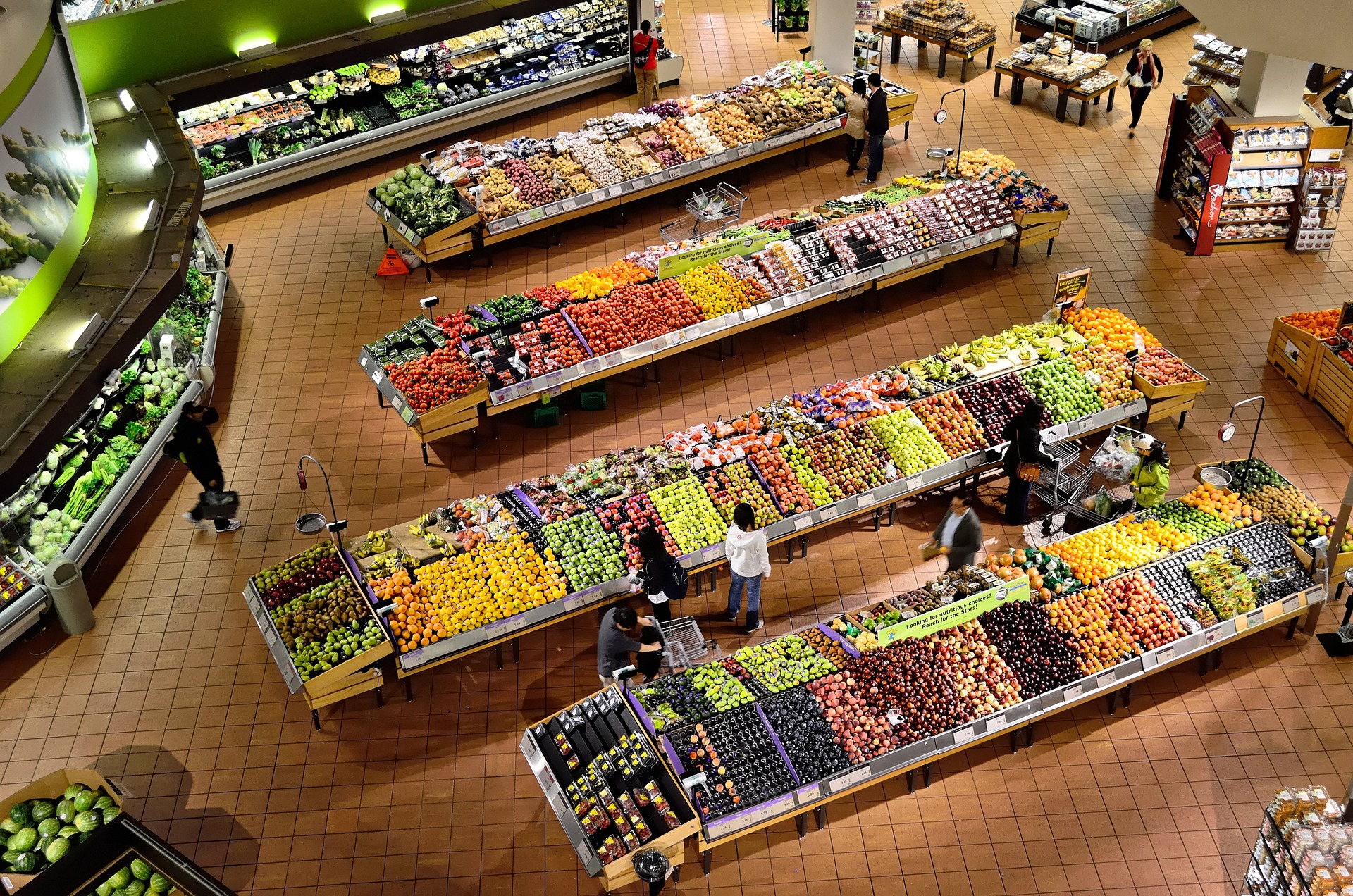When thinking about food safety, the first thing that probably pops into your mind is food recalls. You might even think to earlier this year when Jif peanut butter was recalled due to an investigation of salmonella.
Though you might hear about food recalls and see reports about it in the news, there’s one big misconception that needs to be corrected: recalls don’t happen as often as you think they do, and that’s due to strict food safety regulations and careful hands of agribusinesses and growers alike.
“I’m always amazed at how safe our food supply actually is, and how rarely we see these outbreaks,” says Joe Schwarcz, director of McGill University’s Office for Science and Society. “Now of course, when there is an outbreak, it gets a lot of publicity, but people don’t think about the fact that 99 per cent of the time there’s no concern at all about what they’re eating. It’s totally safe.”
It’s important to remember that unfortunately, no industry is perfect, which is why occasionally outbreaks can occur.
“When you take into account all of the possible sources of contamination — from animals pooping on the produce to transportation if the truck isn’t cleaned property to if a supermarket attendant doesn’t wash their hands properly … It’s amazing how much extreme care is taken,” Schwarcz says.
Conveying that to consumers is imperative — making sure they are informed about why food safety is a big deal.
“To the produce industry food safety is personal, because it’s the same food that we put on the tables for our families, and the same food that our employees take home to put on tables for their families,” says Joe Pezzini, chairman of the board of the Center for Produce Safety. “The bottom line is that we’re providing healthy food to protect consumers.”
Not only is it a personal endeavor to everyone involved in maintaining food safety, but there’s a lot of strict regulations that come with food safety. On top of that, they’re changing consistently to ensure consumers get the safest food possible.
Unfortunately, sometimes that means the farmers have to eat the cost to change to regulations.
“To a certain degree, the industry has had to change to make sure that we’re meeting those consumer needs — which, as a farmer, I have to adapt to that,” says Clinton Monchuk, executive director of Farm & Food Care Saskatchewan, noting that at the end of the day, the food quality and food safety still remains extremely high.
On the produce side, regulations in the U.S. tend to focus on looking at best practices on farm, and mitigating risk.
“It’s based on the federal level — the Produce Safety Rule, which is all encompassing on all produce on our practices,” says Pezzini. “It goes all the way down to the quality of the water and your water source to worker hygiene. It’s about producing the safest produce possible — it is really rare to have a foodborne outbreak, but we also have to say… just one is too many.”
Pezzini notes that as an industry, it’s their job to continue to raise the bar and produce the best food possible.
“Consumers do have some control — they’re not going to buy a product that they don’t think is safe,” Pezzini says.
But ultimately, the goal with food safety is to ensure consumers don’t have to worry or have any concerns in the grocery store.
“When you go to a grocery store, it should be a given that the food is safe,” says Monchuk. “That’s one of those communication pieces that needs to happen with consumers to help them understand that food recalls happen — but if there is a food recall, that’s a good thing. That means the system is working — we’ve detected it and we’re pulling it off the shelf.”
But, it doesn’t stop there during an outbreak. There’s a lot that goes on behind the scenes when pulling products from the shelf, including thorough investigations.
“It’s about doing a thorough investigation, and it’s always very frustrating,” Pezzini says. “When there’s a situation where we don’t get conclusive results, doing a root cause analysis helps to understand what happened so we can improve our practices if they need to be changed. That’s what we’re all looking for.”
Want to listen to the whole conversation and learn about other misconceptions people have in the realm of food safety? Listen at:
Read More:
Bust the Misconceptions Behind Food Safety
Simon Ellis (Ellis Seeds) Food Safety, Environmental Responsibility, Transparency In AG











